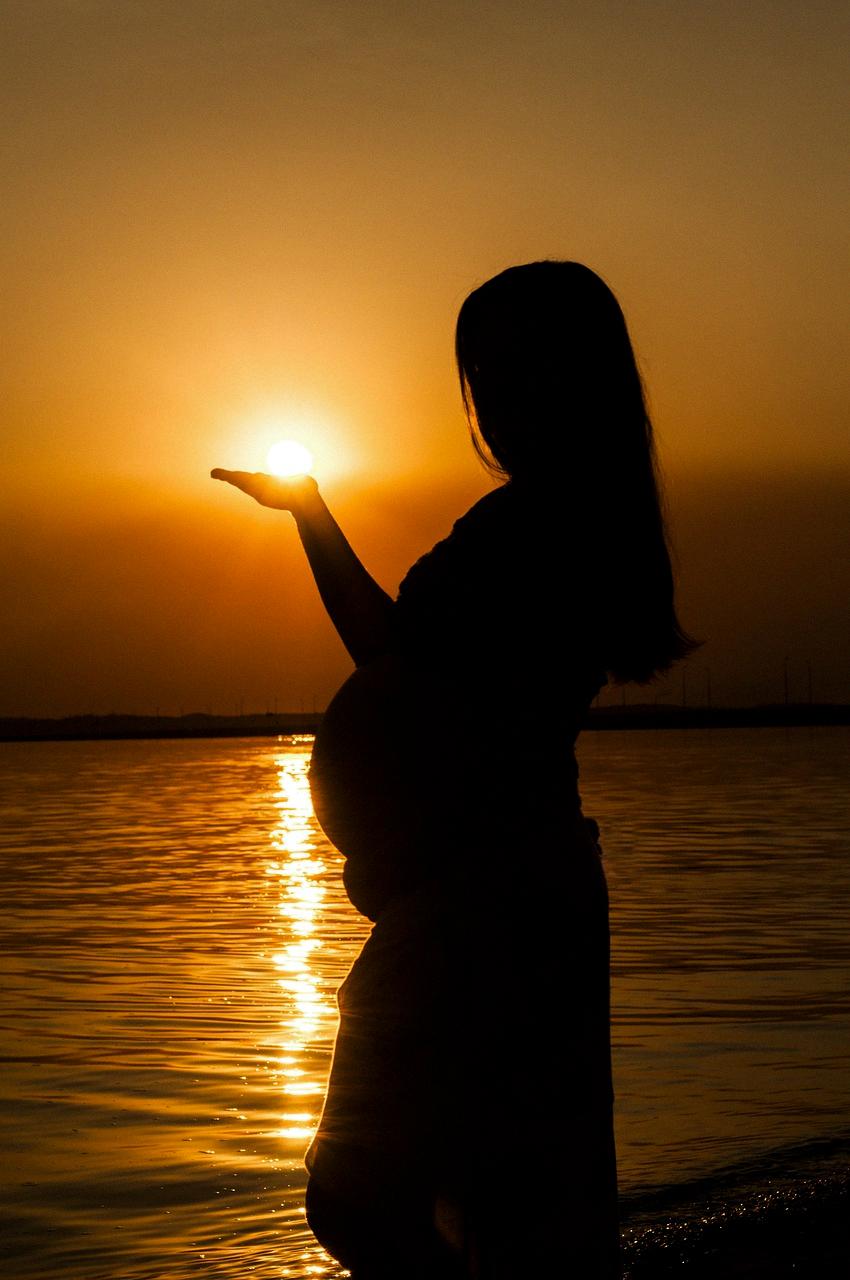Matcha, a powdered green tea originating from Japan, has gained popularity not only for its unique taste but also for its numerous health benefits. One of the lesser-known advantages of matcha is its potential positive effects on fertility. While there isn’t a magic solution to fertility issues, incorporating matcha into your diet can offer some promising advantages for women who are trying to conceive.
The Role of Antioxidants in Fertility
Antioxidants play a crucial role in protecting our cells from damage caused by free radicals. Matcha is rich in catechins, a type of antioxidant that includes epigallocatechin gallate (EGCG). These powerful antioxidants help combat oxidative stress and reduce the formation of free radicals in the body.
Protecting Egg Supply with Matcha
One of the key benefits of matcha for fertility is its ability to protect the DNA of our cells, including eggs. By minimizing oxidative stress and promoting cellular health, matcha can help safeguard the egg supply in women, which is essential for successful conception.
Regulating Hormone Levels
Hormonal balance is critical for fertility, and matcha may contribute to regulating hormone levels in the body. By supporting endocrine health, matcha can help create a more favorable environment for conception to occur.
Improving Reproductive Health
Consuming matcha regularly may also have positive effects on reproductive health. The antioxidants in matcha can enhance blood flow to the reproductive organs, promote uterine health, and support overall reproductive function.
Boosting Overall Well-being
Optimal fertility is often linked to overall well-being, and matcha can contribute to a healthy lifestyle. By adding matcha to your diet, you can enhance your nutrient intake, increase energy levels, and support your body’s natural processes.
Reducing Inflammation
Inflammation in the body can negatively impact fertility, but the anti-inflammatory properties of matcha can help combat this issue. By reducing inflammation, matcha creates a more conducive environment for conception and pregnancy.
Enhancing Egg Quality
The quality of eggs is a crucial factor in fertility, and matcha may play a role in enhancing egg quality. By protecting eggs from damage and promoting cellular health, matcha can potentially improve the chances of successful fertilization.
Supporting Sperm Health
While much of the focus is often on female fertility, matcha can also benefit male reproductive health. The antioxidants in matcha may support sperm quality and motility, offering advantages for couples trying to conceive.
Addressing Stress and Anxiety
Stress and anxiety can have a significant impact on fertility, but matcha’s calming properties may help address these issues. Drinking matcha can promote relaxation, reduce stress levels, and create a more conducive environment for conception.
Consulting a Healthcare Professional
While matcha can offer potential benefits for fertility, it’s essential to remember that individual circumstances vary. If you’re experiencing fertility issues or considering incorporating matcha into your routine, it’s advisable to consult with a healthcare provider or fertility specialist for personalized guidance.
Conclusion
In conclusion, matcha can be a valuable addition to a fertility-friendly diet and lifestyle. With its antioxidant content, ability to protect cellular health, and potential impact on hormone levels and reproductive function, matcha offers a holistic approach to enhancing fertility. By combining matcha with other healthy habits and seeking professional advice, individuals aiming to conceive can take proactive steps towards optimizing their chances of successful pregnancy.

